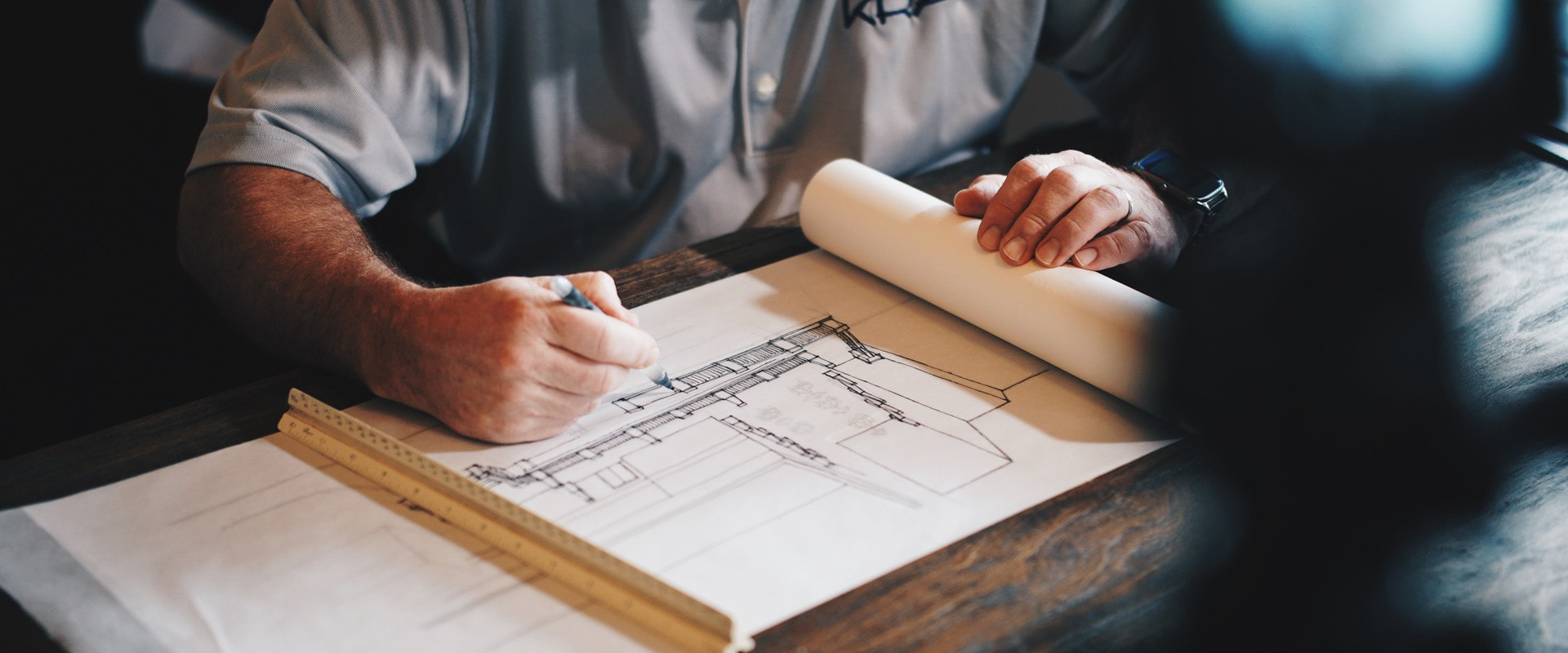The pains of being an architect: issues with architecture as a profession
Trying to recognize and understand what are the main barriers for a happier life as an architect.

I am involved with architecture for more than 15 years (both as a student and as a professional). Next to the joys of being an architect, I also realized the number of pain-points we have in our professional lives. And it bothers me the sheer lack of specialized tools and content explicitly geared to architects to help them alleviate said pain-points and be happier in their careers.
In the past months, I am preoccupied more and more with this subject: architecture as a profession. I've met too many people who have fallen out of love for architecture. I want to help prevent this from happening.
This site was an early try of doing just that. With my little city guides and some rambling, I am trying to instill in the architect the passion for traveling and experiencing great buildings around the world, and trying to make it easier for them to do so.
However, it is not enough. There is still untapped potential for improvement in many areas of our profession. To name a few:
Recruitment
The hiring process in architecture is painful, both for the companies and the architects. I have done my share of job-searching and remember well how much I suffered.
I have also done a lot of recruiting. This was when I realized how things can be different. During the times I had to recruit new members for my design team, I tried many interview techniques and many different ways to approach the whole process. I learned how to separate technical abilities from personalities and how to identify the "diamonds in the rough."
But all of this was still within outdated methods of sourcing and filtering talent, run by my company. When it comes to processes, very little changed in the past years, even though all around us tools and novel ideas of how recruitment should happen are everywhere.
Aspects such as company culture, personal values, flexible working arrangements, etc., need to be included in the recruitment dialog. We need better and more efficient ways to find the right jobs and the right applicants.
Management
In recent years, overworking and lack of work-life balance is being heavily criticized in many industries.
In architecture, however, it is the norm.
It starts in school, with the so-called "studio culture," in which if you go home early, you are not as good and dedicated as your peers.
In the office, the nature of our work, more often than not, requires extreme sacrifices to get projects created and delivered on time within requirements.
However, after many years both being managed as well as leading teams, I am a true believer that 90% of it is avoidable by management. If your team is always working overtime, in stressful situations, there is something wrong with how work is being managed. You are either trying to do more than you should or are understaffed. Either way, overtime should be an exception and never the rule.
But also in all those years, I have seen very little will to change the status quo, to try and cultivate a healthier work-life relationship. This needs to change.
Work
Remote work and flexible working arrangements are becoming the norm in many industries. In architecture, however, due to traditional management beliefs and lack of experimentation, we are stuck to our offices for at least 40 hours a week with no way out.
People believed that a design team needs to be physically together at all times to produce great work. Not many people are questioning that.
But is it true? I don't think so.
Today's tools allow for distance-based collaboration to happen seamlessly. And the need for uninterrupted periods to perform deep work calls for arrangements in which isolation, quiet time, and asynchronous communication is hugely beneficial.
Maybe not entirely remote, but architecture work should at least allow for very flexible working arrangements, responding to the individual working styles and needs the team's members.
It would make professionals happier by allowing them to produce their best work on their own terms and also contribute to the overall quality of the work produced.
Collaboration
The way we recruit, manage, and approach work leads us to close ourselves off from our own community.
In architecture, there is minimal knowledge sharing going on. We love to share our accomplishments: the latest competition win or those gorgeous pictures of our latest completed project.
But little we know about the process, about what goes on behind the scenes. And there is very little being shared by architects online.
Our only online forum can sometimes be rather unwelcoming. Publications such as Common Edge and Failed Architecture try to fill the emptiness of architecture discussion, but still remain closed off publications (good ones at that, btw).
There is not enough incentive to go online and write. Our culture of secrecy within our offices ("if we tell, they will steal our clients!") makes it even harder.
Sharing of knowledge and open communication and discussion disappears once we get out of school. How to change that? Do we need better spaces? Do we need more incentives?
These are just some of the issues I feel we need to tackle and change. I remember the excitement in my new job all the way back then, and how it waned and disappeared throughout the years. Yes, I am one of those who just fell out of love with architecture as a profession. And now, I am on this quest, which is still undefined to me, but in which the ultimate goal is to make people happier.
Let me know if any of this resonated with you. Like-minded people getting together is all we need to kickstart change.